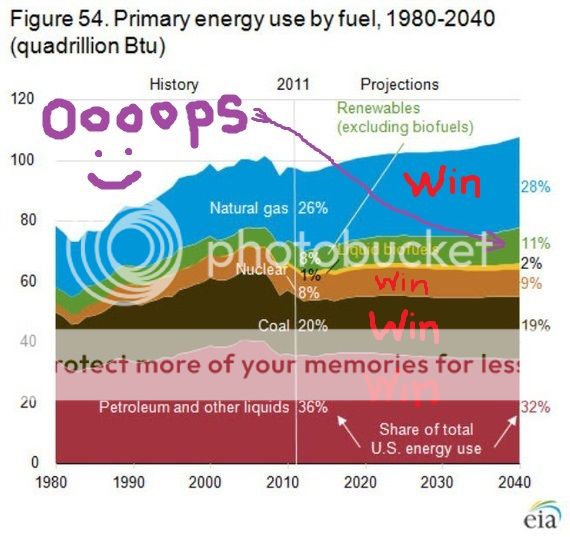Olde Europe
Diamond Member
- Dec 8, 2014
- 6,025
- 4,523
- 2,065
You seen pictures of Nagasaki and Hiroshima lately?
Little Boy reportedly contained about 64kg of fissile material, exploding about 600 meters above ground.
The exploded Chernobyl reactor typically contains approximately 200 tons of uranium.
The Fukushima reactor blocks contained about 2,500 tons of fissile material at the time of the accident.
But, you sure have nice pictures of Hiroshima and Nagasaki.
 Nobody does that s0n
Nobody does that s0n



 Not your ghey article from WikkiWorld
Not your ghey article from WikkiWorld 

